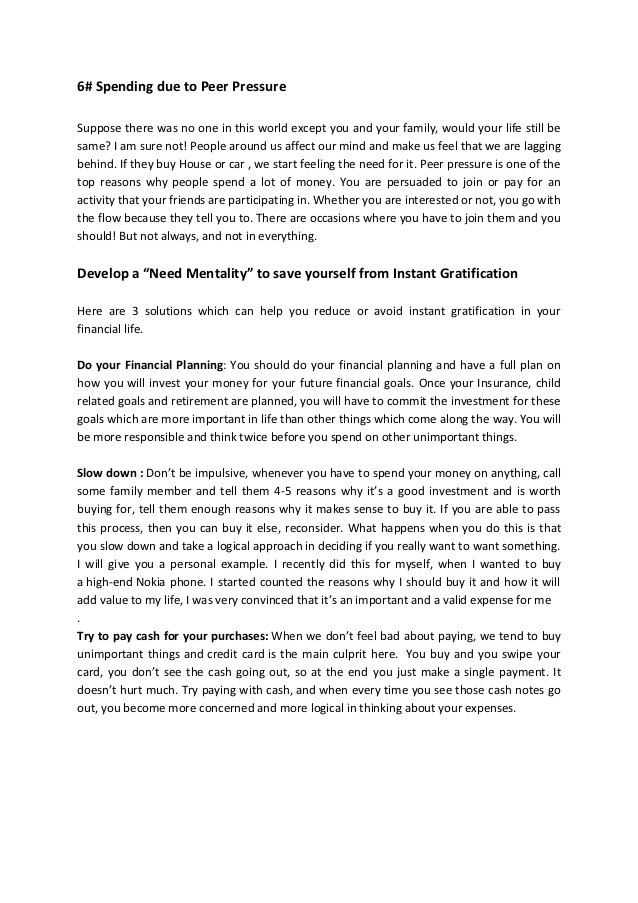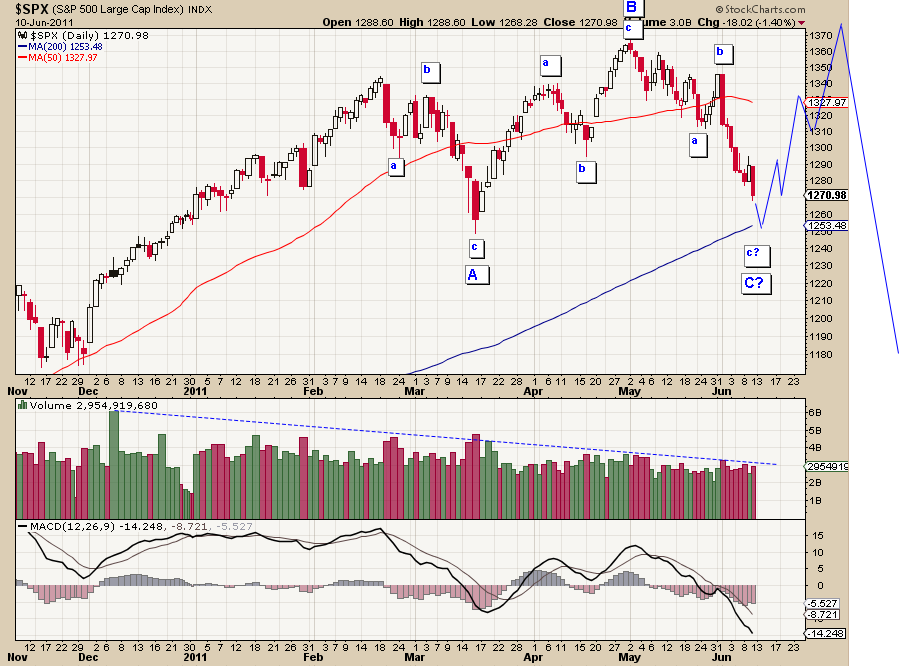Beware Mutual funds trap Everything Zoomer
Post on: 18 Апрель, 2015 No Comment

A trap is about to be sprung on unsuspecting mutual fund investors one that could pretty expensive.
The good news is that theres still time to avoid it.
Before I get into the details, let me make a couple of points very clear.
- 1. If you hold your fund units in a registered plan, like an RSP or RRIF, you dont have to be concerned. This doesnt affect you.
2. Units in money market funds arent at risk here, and the same holds true for most fixed income funds.
The people who need to be concerned are those who own equity mutual funds heavily weighted towards technology outside a registered plan. You should be especially vigilant if you only acquired these units earlier this year.
Heres the problem:
- The high-tech sector took a twin beating in 2000. The first one came in the spring, and weve just seen the second one.
- The result has been big losses for the popular science and technology funds, and for more broadly-based funds with a heavy tech weighting.
Many of these funds are down more than 10 per cent in the past six months and several are showing lossesn the 15 per cent to 25 per cent range. That hurts but it may hurt even more if youre not careful.
Annual distributions coming
Thats because most of these funds are about to make their annual distributions many of them by mid-December.
By law, a mutual fund trust must pay out to unitholders all net realized capital gains, dividends and interest received during the year.
These payments are taxable, whether you receive them as cash or additional units.

In the case of these tech funds, some managers have sold stocks in their portfolios to lock in gains or to raise cash to meet redemption requests.
Even with the slump in the market, in many cases theyve realized big profits in doing so because they had held the shares for some time.
Theres no way of knowing what this will mean in the way of taxable distributions. The fund companies I spoke to are playing this one close to the vest, saying their managers might do some tax loss selling to reduce the payments.
But the potential for large distributions is very real. Its happened before, with some funds paying out several dollars for each unit.
Problems with pay-outs
You may think this sounds great, but it isnt. Thats because the unit value will drop by the amount of the distribution, so the net effect is zero except that the distribution is taxable.
This is especially worrisome if you just bought your units in, say, February. Youre probably losing money at this point the unit value is down because of the market slump.
But suddenly youre get a distribution based on profits that were accumulated before you bought and youll have to pay tax on that.
How do you avoid it? Simple.
- Sell or switch your units now, before the distribution. That way you lock in a capital loss, which you can deduct from any capital gains you may have.
If you still like the fund, buy back the units in a month. That gets you off the distribution hook.
Obviously, timing is very important here. If youve owned the units a long time, this probably isnt a good strategy because theyre appreciated in value and youll have a capital gain anyway if you sell. So you have to look carefully at your personal situation.
Just dont ignore it. That could be costly.
Adapted from a recent CBC radio broadcast.














